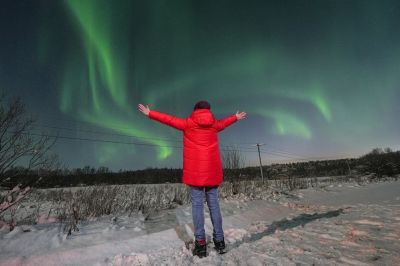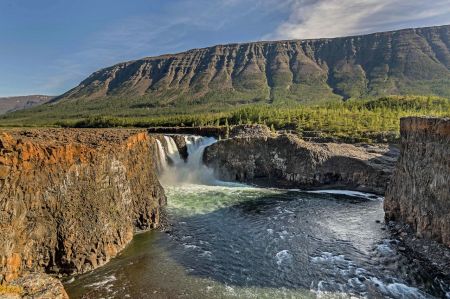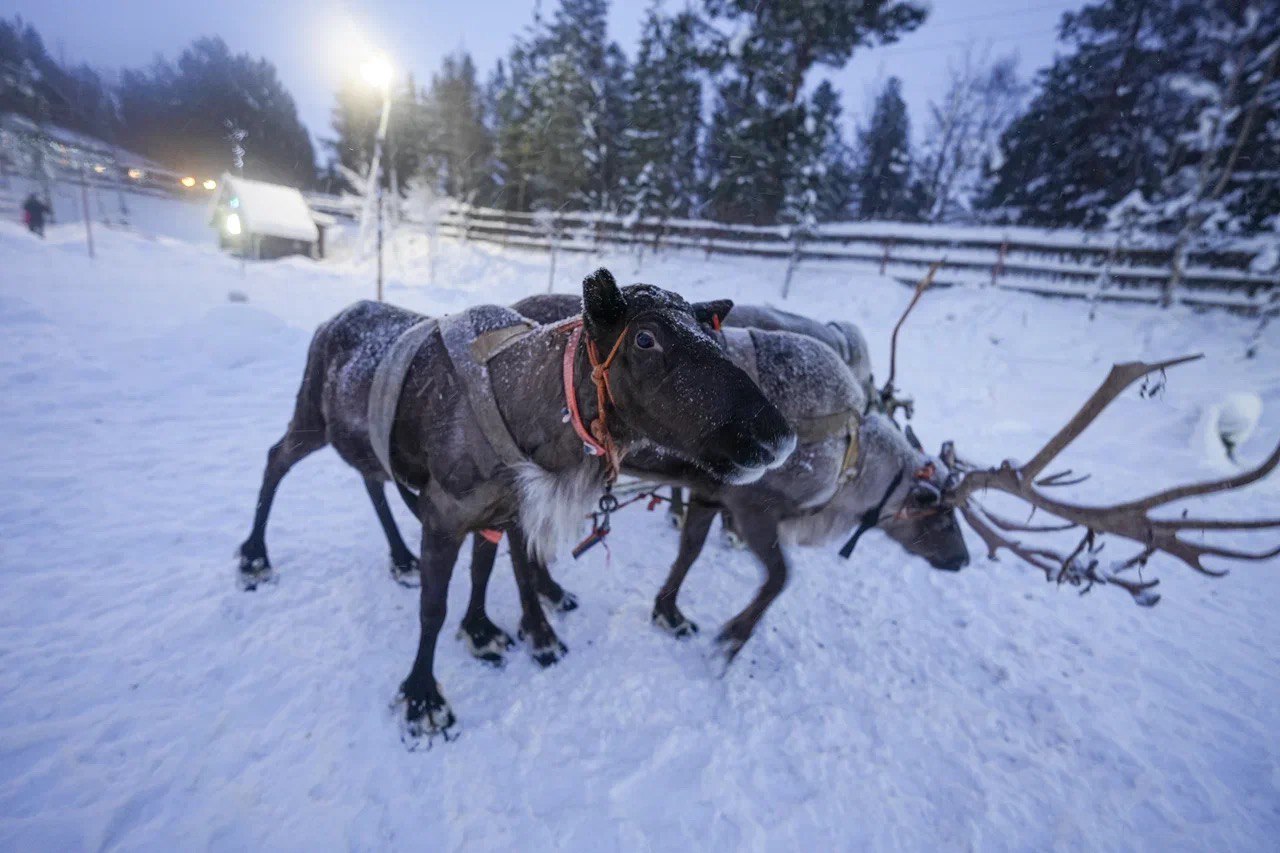
It is no secret that tourism is not just an interesting pastime, but also an important part of life of today’s people. Olga Peskova, professor at the School of Communications at the National Research University Higher School of Economics (HSE), a business coach and an expert in anti-crisis communications, shared her opinion on what a trip should be like to effectively relieve accumulated stress (https://www.hse.ru/org/persons/34513749).
- Your work is directly related to anti-crisis communications, and at different moments, both proactive methods and deliberate ‘doing nothing’ are used. Close communion with nature and the world, travels, trips are also a type of communication, in this case with nature and civilization. If fatigue and stress have accumulated, how can people make these communications effective?
- Nowadays, we often hear about emotional burnout, stress, and apathy. Most often, this is due to wearing oneself out with hard work and due to accumulated stress. Even when your work is most interesting and exciting, fatigue from the constant flow of events accumulates, the anxiety increases, and at some point, you are worn to a frazzle. At this moment, the right thing is to give up everything and take a vacation.

Indeed, to have a good rest people need to switch off from their work and fully focus on their vacations. Have you noticed that when you go on a trip even for three days, time ‘stretches’ as if not three days have passed, but two weeks. New impressions and experiences, a change of the environment, communion with nature provide our brain with a large amount of new information that requires high concentration of your attention, and all this slows down the process of the time perception. So, the feeling is that more time has passed than it actually has. That’s why it’s so important for travelers to enjoy everything during their trip, including red tiled roofs, a tasty bun with coffee, the wash of the waves. The best antistress activity is watching the sunset disappearing over the horizon or the sunrise in the mountains!
But, like any effective communication, close communion with nature and the surrounding world should better be planned in advance. In other words, to make your trip interesting, educational and useful, it is better to think everything through thoroughly and not do it at the last moment, and especially this should not be done under stress. Here is an example of what should not be done: one day, exhausted after another big project, I called a travel agent and bought a tour to the Maldives for the coming Friday, I paid it at once and quickly packed my suitcase. It was winter in Moscow, it was snowy, and I was flying to a beautiful beach to enjoy scuba diving for a week. I was greatly surprised when I found myself at the Tenerife airport where the sea temperature was only 17 degrees. As it turned out, instead of the Maldives, I booked the Canaries. Obviously, at that moment I was choosing not the place of relaxation but an anti-stress activity - and in this respect, the Maldives and the Canaries sounded equally attractive to my brain.

- In this case, it turns out that one stress is added to another one? How does an expert in crisis communications solve such a problem?
- They say that one nail drives out another. This method works great when doing extreme tourism. In my case, close to an extreme state, I got rid of the accumulated stress by swimming in the cold Atlantic Ocean. It worked great, but I don’t recommend anyone do it without special training.
Although most organized tours - called ‘extreme’ - are made sparingly, in all cases, travelers need a good instructor, an experienced guide and reliable fellow travelers. Of course, there are always risks, be it climbing to the top of the mountain, rafting down the river or spending the night in the dense taiga forest. But if you follow safety rules and the recommendations of experienced guides responsibly, there won’t be too much adrenaline.
In terms of preparing for such trips, I stick to the following rules: firstly, a person should go in for sports (any kind) and walk a lot. Secondly, it’s better to read about the place you are going to - not guidebooks, but tourists’ or bloggers’ stories - and watch videos, then you will feel that the place is familiar to you, and we really love the ‘effect of recognition’. And thirdly, the group you travel with is important. It should not necessarily be a big group, but it should be a friendly one, ready for bold activities. And then you will get everything you expect from your trip - a ‘recharge’, new energy and a new experience. As a result, you return home a completely different person!

- Are these technologies used in team building and anti-crisis team training?
- Sure. Most stress management training courses, for example, give best results when the group travels to some place. The most effective way to accumulate resources and restore energy is to spend several days in close communion with nature. Living in a big city, we sometimes become detached from our roots, so it’s best to start such trainings - individual or team ones - in nature. Just remember how it is in childhood when any snowflake or flower surprised you. In dialogue with nature, people put themselves in a frame of mind that helps interact with the world, better adapt to any situation, learn to manage energy, and overcome stress. Overcoming natural obstacles, in turn, works well for uniting the people and solving the problems they face during joint teamworking.
- What ‘places of power’ do you personally use to energize yourself?
- Water or mountains. And better: water and mountains. Water helps relieve tension, get rid of unnecessary emotions and unnecessary information, water helps switch off from my work. It doesn’t matter, whether it is a lake in Karelia, mountain rivers, waterfalls of the Putorana Plateau on Taimyr or the coast of the Barents Sea. By the way, the sea waves rolling onto the famous Dragon Eggs beach near the Teriberka village at the northernmost point of Russia in winter gives an incredible feeling of very strong power that fills you with energy. Crowds of tourists from China come there and sit on the beach for hours, because they know for sure that this is a ‘place of power’.
And of course, the Altai Mountains. This is a special region and there are many legends about it. I am happy that I managed to gather a wonderful group twice to go through the Altai taiga, its snow, cook food over a fire and guard the camp at night from possible visitors - a wolf or a bear. A little of extreme experience, a lot of incredible beauty, legends, special and very open-hearted people - that’s what this region is about. After all, as for communications, we are in communion not only with nature, we get to know any new country or place through the people we have a lucky chance to get acquainted with, and they will ‘open the door’ to their history, local traditions, and indigenous culture.
- The Altai Mountains are a truly unusual and inspiring place. What other ‘anti-crisis’ trips are in your immediate plans?
- These are trips to Caucasus and North Ossetia. I was in these places, but those were business trips - for training courses only. I would like to take a guide and go to the Midagrabin Gorge, which is a real ‘pearl’ of Alanya. In the mountains, there is a valley of more than fifty waterfalls! And there is also the Tseysky Glacier, which is so amazing that can be seen in science fiction films only, it looks like a really ‘extraterrestrial’ location.
Photo courtesy of Olga Peskova
